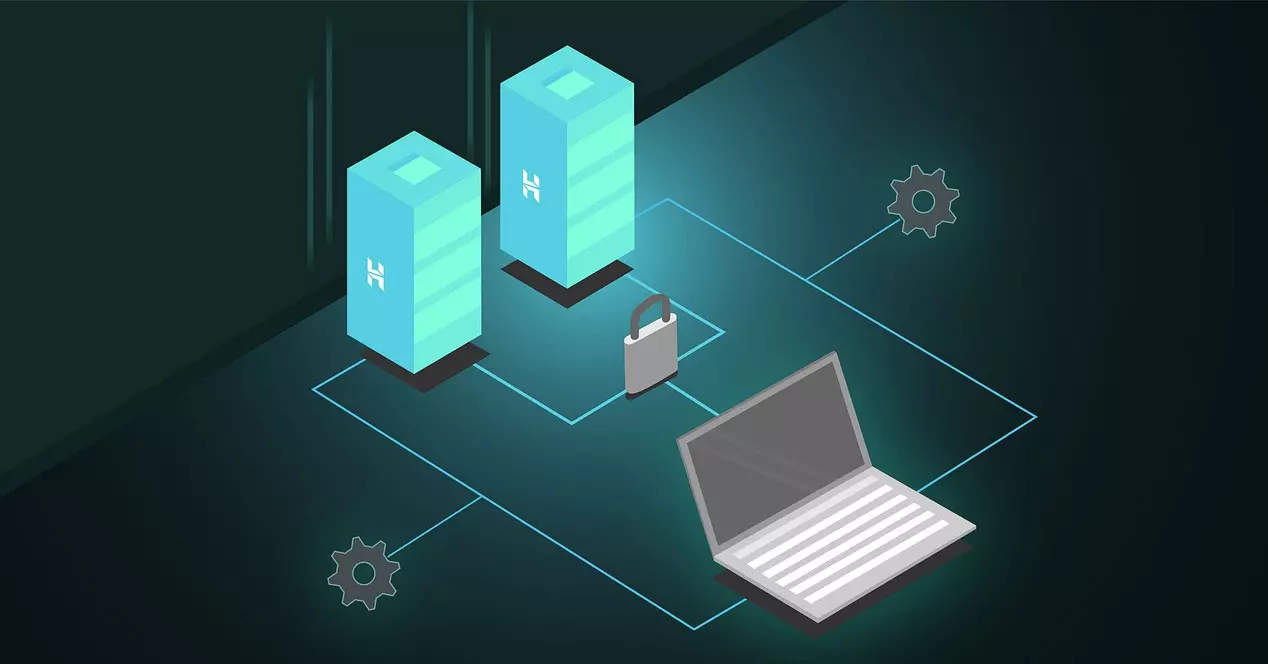
When an antivirus does not protect you
An antivirus will not always keep you safe. Mainly there are certain errors that you can commit and that will expose your personal data or will compromise the proper functioning of the devices. It is key to know what to do to be protected and not have problems.
Phishing attack
An example are the Phishing attacks. It is a strategy widely used by hackers to steal passwords and also personal data. They usually launch these attacks via email or SMS. Sometimes they play with urgency, other times they claim that there is a problem with an account and we must do something, etc.
What you should do is avoid making mistakes. Common sense is essential. Never trust links that come to you by mail or SMS and may be a fraud. Always check very well where you click and log in only from official sites and applications. Antivirus can protect you from malware and other threats, but there are times when it can’t.
Giving personal data where you shouldn’t
An antivirus does not protect you from personal information that you filter on the Internet. For example, you could put data in an open forum, the comments of a web page, etc. This could result in them using your personal information to launch phishing attacks or simply selling it to third parties and affecting your privacy.
Once again, common sense is key. Don’t give out more information than is necessary, much less in places that anyone can access. Be careful with social networks, such as Facebook. Avoiding these errors can help you fix many security issues.
Using dangerous Wi-Fi networks
It can also be a problem to use public Wi-Fi networks, such as in shopping centers, airports or train stations. You don’t really know who may be behind that network or if it was created simply to steal information. Therefore, it is advisable to take precautions in these cases, since an antivirus will not protect you from certain attacks.
The best way to use public Wi-Fi networks is to use a VPN. What this type of program does is encrypt the connection. All the information that you send through the network, such as entering a page or talking through messaging programs, will travel encrypted. This will prevent them from interfering with your connections and affecting your privacy.
There are many VPN apps available, both free and paid. Our advice is to avoid the ones that are free, as they tend to be more dangerous. Always install one of guarantees, that really protects you.
Vulnerabilities
On the other hand, the security vulnerabilities may be present on your devices. These are flaws that hackers could exploit to launch cyberattacks. For example, you may have an outdated program or an old version of the operating system and that makes security not good.
To avoid this problem, what you should do is always have everything updated. An antivirus will not be able to avoid this problem, so you should make sure you have the latest versions at all times.
In short, as you can see, having an antivirus is important to protect security. However, it is not always going to protect you from all kinds of attacks. It is essential that you take into account other tips like the ones we have explained and you will avoid other security threats.



